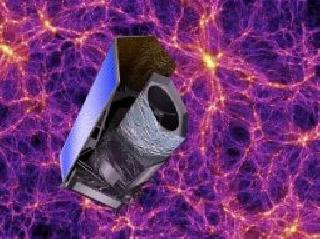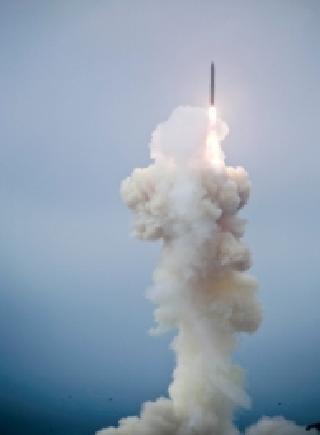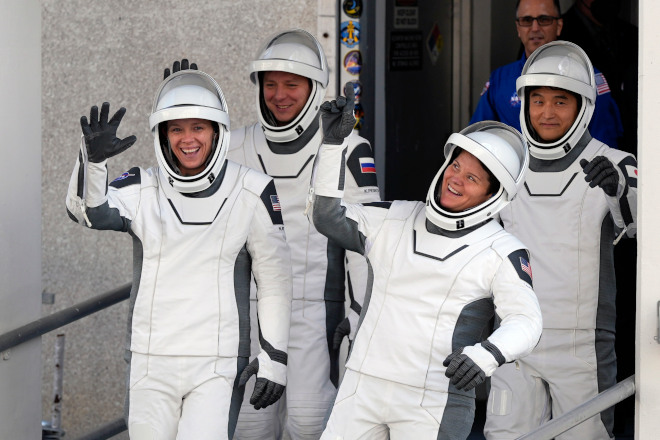
Artistic impression of Euclid. An ESA photo
PARIS (BNS): US space agency NASA has signed a MoU with European Space Agency (ESA) to work in the latter's Euclid mission -- a space telescope designed to investigate the mysterious natures of dark matter and dark energy in the cosmos.
The Euclid mission, planned to be launched in 2020, will be a 1.2 m-diameter telescope. Two scientific instruments will map the shape, brightness and 3D distribution of two billion galaxies covering more than a third of the whole sky and looking back over three-quarters of the history of the Universe, according to ESA.
Data acquired from the mission would help researchers in understanding the evolution and fate of our expanding cosmos and the roles played by dark matter and dark energy.
While dark matter is invisible, it has gravity and acts to slow the Universe's expansion, dark energy, on the other hand, seems to be accelerating the cosmos's expansion.
Together, these two components are thought to comprise more than 95% of the mass and energy of the Universe, with 'normal' matter and energy making up the remaining small fraction. But what they are remains a profound mystery.
As per the agreement with ESA, NASA will provide 20 detectors for the near-infrared instrument, which will operate alongside a visible-wavelength camera. The instruments, telescope and spacecraft will be built and operated in Europe.
NASA has also nominated 40 US scientists to become members of the Euclid Consortium, who will build the instruments and analyse the science data returned from the mission. The consortium already includes almost 1,000 scientists from 13 European countries and the US, ESA said.
"ESA's Euclid mission is designed to probe one of the most fundamental questions in modern cosmology, and we welcome NASA's contribution to this important endeavour, the most recent in a long history of cooperation in space science between our two agencies," said Alvaro Giménez Cañete, ESA's Director of Science and Robotic Exploration.
 Previous Article
Previous Article













The Indian Air Force, in its flight trials evaluation report submitted before the Defence Ministry l..
view articleAn insight into the Medium Multi-Role Combat Aircraft competition...
view articleSky enthusiasts can now spot the International Space Station (ISS) commanded by Indian-American astr..
view article